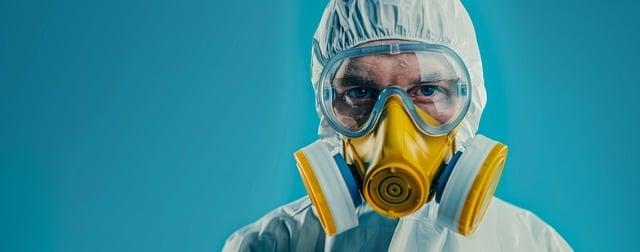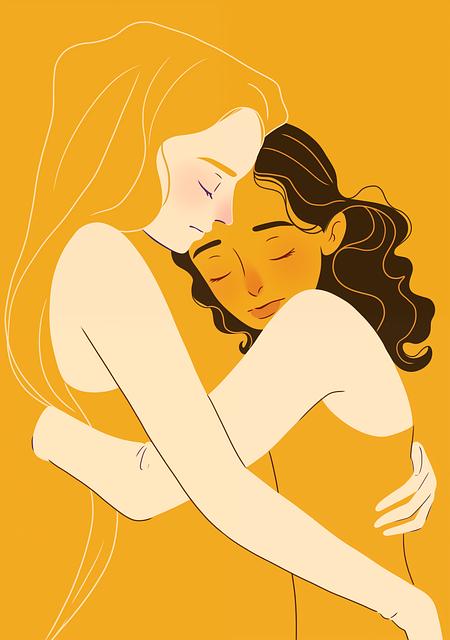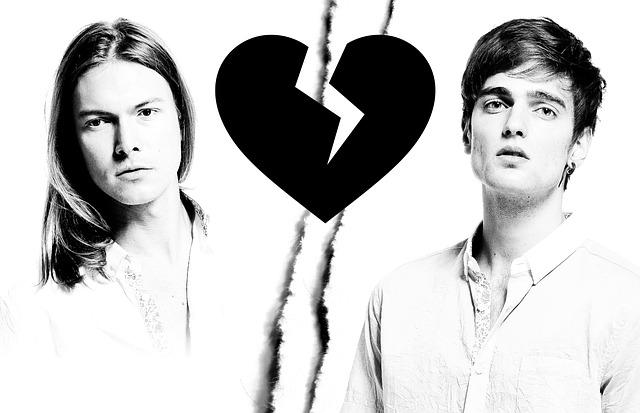Have you ever wondered why some gay guys can be perceived as mean or unfriendly? In this article, we delve into the reasons behind these attitudes and behaviors to gain a better understanding of the underlying factors at play. By exploring the societal pressures, personal experiences, and unique challenges faced by gay men, we can begin to unravel the complexities of why some individuals may exhibit such behaviors. Join us as we explore the nuances of human behavior and strive to foster greater empathy and understanding within the LGBTQ+ community.
– Dissecting the Root Causes of Meanness Among Gay Men
One possible root cause of meanness among gay men could be internalized homophobia. Growing up in a society that often stigmatizes LGBTQ+ individuals can lead to feelings of shame and self-hatred. This can manifest in gay men projecting their own insecurities onto others, resulting in behavior that is perceived as mean or hostile.
Additionally, competition within the LGBTQ+ community for acceptance and validation could contribute to meanness among gay men. With societal pressures to fit certain stereotypes or conform to certain standards, individuals may feel the need to put others down in order to elevate themselves. This unhealthy dynamic can lead to behaviors that are divisive and hurtful.

– Exploring the Impact of Internalized Homophobia on Behavior
Internalized homophobia can have a profound impact on an individual’s behavior, affecting various aspects of their life. This internal struggle can lead to self-destructive behaviors, such as substance abuse, risky sexual behavior, and even self-harm. In addition, individuals experiencing internalized homophobia may also struggle with feelings of shame, guilt, and low self-esteem, which can manifest in behavior that isolates them from their community and support systems.
Furthermore, internalized homophobia can influence how individuals interact with others, leading to behaviors such as avoiding relationships or hiding their sexual orientation. This can result in feelings of loneliness and isolation, as well as hinder their ability to form genuine connections with others. It is important for individuals experiencing internalized homophobia to seek support and guidance in order to address these feelings and work towards self-acceptance and self-love.

– Addressing Toxic Masculinity and its Influence on Attitudes
One of the key factors contributing to toxic masculinity is the societal pressure placed on men to conform to traditional gender roles. From a young age, boys are often taught to suppress their emotions and uphold a tough, stoic exterior. This can lead to a harmful belief that expressing vulnerability or seeking help is a sign of weakness. These outdated attitudes can have a detrimental impact on mental health and interpersonal relationships.
Moreover, toxic masculinity perpetuates harmful stereotypes and behaviors that contribute to gender inequality and violence. This can manifest in behaviors such as aggression, dominance, and a lack of empathy towards others. By challenging these norms and promoting healthier forms of masculinity, we can create a more inclusive and respectful society for all individuals, regardless of gender.

– Navigating Relationship Dynamics and Social Pressures in the LGBTQ+ Community
In the LGBTQ+ community, navigating relationship dynamics and social pressures can be complex and challenging. It is important to remember that every relationship is unique and there is no one-size-fits-all approach to love and connection. Communication, respect, and understanding are key elements in building healthy and fulfilling relationships within the community.
As individuals within the LGBTQ+ community, we may face external pressures and discrimination from society that can impact our relationships. It is important to surround ourselves with a supportive network of friends, allies, and community members who uplift and empower us. Remember to stay true to yourself and your values, and don’t be afraid to set boundaries when necessary. By prioritizing self-care and self-love, we can navigate the complexities of relationships and societal pressures with resilience and strength.
Frequently Asked Questions
Q: Why are some gay guys perceived as mean in the LGBTQ+ community?
A: This perception might stem from internalized homophobia or discrimination they have faced.
Q: Are there any specific factors that contribute to this behavior?
A: Some individuals may feel the need to assert their masculinity or toughness in a society that devalues gay men.
Q: How does competition within the community play a role in meanness among gay men?
A: Competition for attention, validation, or resources can sometimes lead to negative behaviors.
Q: What impact can societal stereotypes and expectations have on attitudes and behaviors of gay men?
A: Stereotypes can influence how gay men view themselves and others, potentially leading to defensive or hostile behavior.
Q: How can gay men work towards fostering a more positive and supportive community?
A: By challenging harmful stereotypes, promoting empathy and understanding, and prioritizing communication and understanding, gay men can work together to create a more inclusive and kind community. In understanding why some gay guys exhibit mean attitudes and behaviors, it’s crucial to recognize the impact of societal discrimination and personal experiences.

